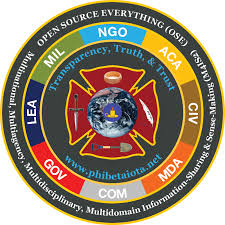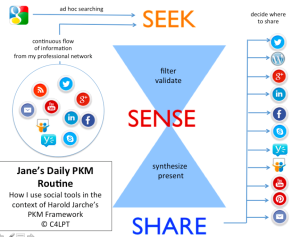 SHORT URL:
SHORT URL:
http://tinyurl.com/2014-Intel-Reform
Under Construction – Send Nominations to robert.david.steele.vivas@gmail.com
Updated 23 Jan 2014 14:58 E
Phi Beta Iota: The current literature on intelligence reform is underdeveloped and under-specified. An example of this under- or mis-specification can be seen in the treatment of 9/11. The dominant position that 9/11 was an intelligence failure is correct in principle. It was, however, a failure of counterintelligence not of warning. Ample warnings had been provided, including from 9 different nations warning the White House and the CIA in advance. George Tenet had a clear role in positioning the intelligence community away from these warnings, including ABLE DANGER. Keith Alexander seems to have shared this misplaced analytical view, along with the Acting Director of the FBI who was not able to lever influence when the actual Director resigned. 9/11 was – in effect – enabled by Dick Cheney, who ordered a national counter-terrorism exercise for “the day,” months in advance, despite the numerous and clear warnings — not to stop 9/11, but to allow it, embrace it, enhance it, and leverage it. Today's US Intelligence Community is dedicated to moving money — nothing more — and of course this is all Congress wants, with its eye on the standard 5% kick-back to sponsoring Members. It is not in any way, shape, or form committed to producing ethical evidence-based decision support applicable to national strategy, national policy, national acquisition, or national operations. Intelligence with integrity is not to be found in the US Government (good people, bad system — this is a meta-challenge). Most intelligence scholars are currently serving to bolster this system rather than to stand as critical friends to challenge and help in the reform of it.
Below the line is an integrated list from the past several years. This is everybody else. For an alternative perspective on intelligence reform, see 2014 Robert Steele on Intelligence Reform.
Continue reading “2014 Intelligence Reform (All Others)”







